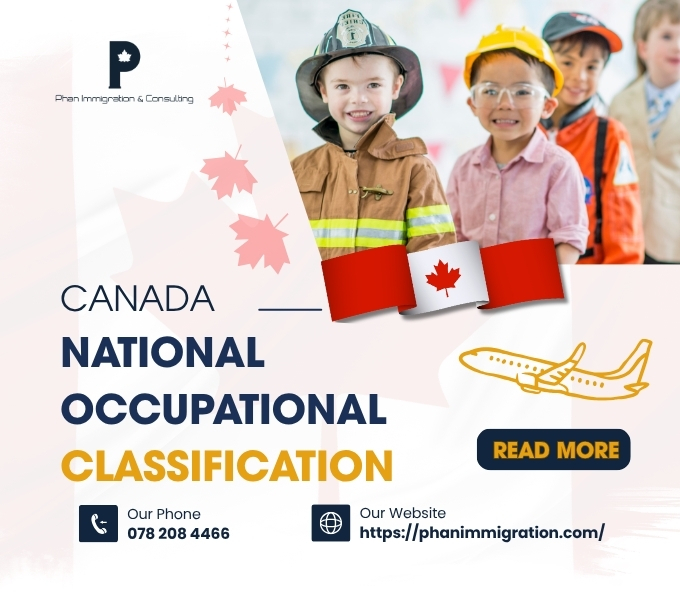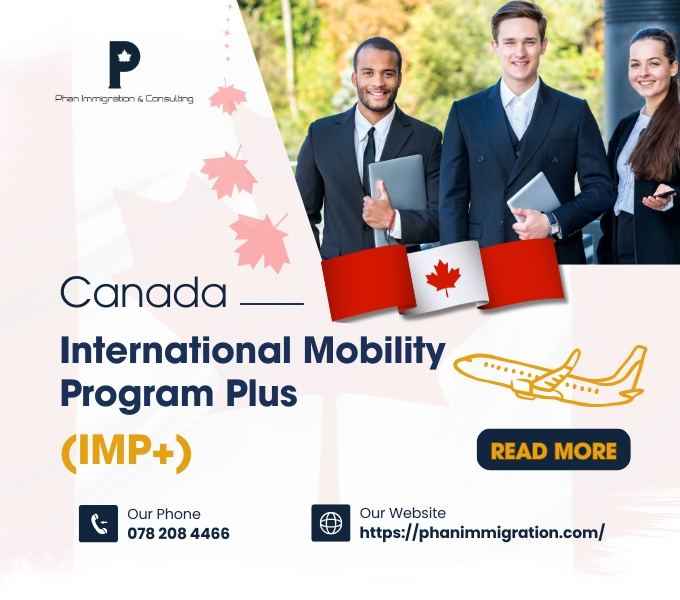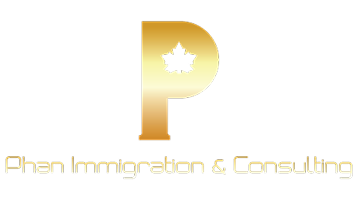Canada is a popular destination for immigration thanks to its safe living environment, strong social welfare policies, and clear career development opportunities. If you’re considering immigrating to Canada but are unsure about the steps or still have many questions, this article by Phan Immigration will share valuable insights and practical experience to help you better understand the immigration process in this country.
Identify Your Reason and Choose the Right Immigration Pathway
Canada offers various immigration streams, each with its own specific requirements and conditions. Choosing the right program that aligns with your background and goals is the first crucial step to a successful immigration journey.
Here’s an overview of the most common Canadian immigration pathways in 2025:
Business Immigration
This stream is designed for individuals with strong financial capacity and business experience who wish to invest in, start, or acquire a business in Canada. Key programs include:
- Start-up Visa (SUV) – for innovative entrepreneurs
- Provincial Entrepreneur Streams – offered by provinces such as Alberta, Ontario, New Brunswick, Saskatchewan, Prince Edward Island, British Columbia, etc.
- Intra-Company Transfer (ICT) – transfer from a foreign company to its Canadian branch
Each program has different requirements for investment amount, residency, business plan, and job creation commitments.
Skilled Worker Immigration
This stream targets individuals with skills, work experience, and educational qualifications that meet Canada’s labor market needs. Popular programs include:
- Express Entry (Federal)
- Provincial Nominee Program (PNP)
- Rural and Northern Immigration Pilot (RNIP)
Candidates are assessed through the Comprehensive Ranking System (CRS), which considers age, education, work experience, language ability, and other factors. The goal is to attract high-quality talent to support economic growth.
Study to PR Pathway
International students in Canada can transition to permanent residency after graduation. A common route includes:
- Studying at a Designated Learning Institution (DLI) eligible for a Post-Graduation Work Permit (PGWP)
- Gaining Canadian work experience
- Applying for PR through programs like the Canadian Experience Class (CEC), PNP, or Atlantic Immigration Program (AIPP)
This pathway is ideal for young individuals with strong academic potential who aim to build a long-term career in Canada.
Family Sponsorship
Canada’s family reunification policy allows citizens and permanent residents to sponsor eligible family members, such as:
- Spouses or common-law partners
- Dependent children
- Parents and grandparents
To learn more about eligibility, sponsorship income thresholds, and step-by-step application procedures, see our complete guide on how to sponsor your family to Canada.
Sponsors must meet financial requirements and commit to supporting their family members for a legally defined period.

Verify and Prepare Personal Documents
Before immigrating to Canada, it’s important to thoroughly prepare all the necessary documents, including:
- Passport: Copy of the personal information page and any pages with entry/exit stamps.
- National ID or Citizen ID: Copy of both front and back sides.
- Diplomas and Certificates: Notarized copies or original documents with copies for verification.
- Birth Certificate: Notarized copy or original with copy for verification.
- Marriage Certificate (if applicable): Notarized copy or original with copy for verification.
- Professional Certifications: Notarized copy or original with copy for verification.
- Proof of Marital Status: Notarized copy or original with copy for verification.
- Bank Statements: Copy of the last 3 months’ account statements.
- Tax Returns: Copy of tax declarations for the most recent year.
- Medical Examination Report: Original health check report from an approved medical facility.
- Vaccination Records: Copy of vaccination book or official confirmation of immunization.
- Police Clearance Certificate: Original criminal background check.
- Certificate of Non-communicable Diseases: Original certificate confirming no infectious diseases.
- Other documents based on your immigration stream: Copies or originals depending on the specific program requirements.

Developing Language Skills (English/French)
Canada has two official languages: English and French. Therefore, proficiency in at least one of these languages is essential for studying, working, and integrating into life in Canada. You can take recognized language tests such as IELTS, TOEFL, or CELPIP (for English), or TEF and TCF (for French) to obtain the necessary certification required for immigration.
Learning About Life in Canada
Understanding the Living Environment in Each Province
When immigrating to Canada, it’s important to research the living conditions in each province to choose a location that best suits your lifestyle and preferences. Each Canadian province has its own characteristics in terms of job opportunities, climate, and cost of living.
If you’re still deciding where to settle, check out our guide to the Most Livable Cities in Canada — ranked by quality of life, safety, education, and employment opportunities — to help you find the perfect place to start your new life.
Here are some key factors to consider when evaluating the provinces:
Job Opportunities: Each city and province in Canada has different labor demands and employment opportunities, making local job market research essential.
- Toronto and Vancouver are known for strong industries in finance, technology, and services—ideal for professionals in these sectors.
- Alberta and Saskatchewan offer many opportunities in energy, engineering, and agriculture, with major corporations operating in these fields.
- British Columbia is thriving in information technology and tourism, making it a great choice for those interested in tech careers or living in a province with a vibrant tourism sector.
Climate: Canada has a wide range of climates, so choose a province whose weather suits your health and personal comfort for long-term well-being.
- British Columbia enjoys mild winters with little snow, perfect for those unaccustomed to freezing temperatures.
- Ontario and Quebec, located in Central and Eastern Canada, experience harsh winters with heavy snowfall and low temperatures—suitable for those who enjoy or can tolerate cold weather.
Cost of Living: Plan your finances carefully and evaluate your budget before deciding where to live.
- Toronto and Vancouver, as major cities, have high living costs, especially for rent, which can range from CAD 2,000 to 3,500 per month. Despite the costs, these cities offer abundant job opportunities and modern amenities.
- Smaller cities or rural areas like Halifax and Winnipeg usually have lower living expenses, making them a good choice for those looking to save money while enjoying a quieter, more peaceful lifestyle.

Understanding Canadian Laws and Regulations
When living in Canada, it is essential to understand and comply with the country’s laws and the rights granted to immigrants. You are expected to follow regulations related to traffic, labor, environmental protection, and respect rights concerning human rights, minority groups, women, children, animals, and other legal matters.
Respecting Canadian laws and cultural values will help you integrate more smoothly and build a stable life in your new country.
Learning About Canadian Culture and Essential Life Skills
Gaining cultural knowledge is vital for anyone immigrating to Canada, as it helps you adapt quickly and thrive in a multicultural environment. Canada is a diverse country with residents from a wide range of cultural and national backgrounds.
By respecting cultural diversity and understanding core Canadian values like equality and freedom, you can build strong relationships within your local community. Take time to learn about national traditions such as Thanksgiving, Canada Day, and local customs and practices in the region where you plan to live.

Financial Planning
Be financially prepared to cover the initial costs of settling in Canada, including airfare, housing, shopping, daily living expenses, and transportation. Based on real-life experience, each individual should prepare at least CAD 15,000 to 25,000, depending on the province and family size. To better understand the proof of funds and settlement amount that Immigration, Refugees and Citizenship Canada (IRCC) requires for new permanent residents, refer to our detailed guide on Financial requirements for Canada PR.
You should also set up a Canadian bank account or use an international account that is accessible in Canada. Make sure to understand exchange rates, applicable taxes, and the regulations on carrying cash into Canada to avoid unnecessary risks.

Connecting with Vietnamese Communities
When first settling in Canada, living near a Vietnamese community can help you adjust more quickly and feel more secure during the initial period of adapting to a new environment.
Areas with large and active Vietnamese communities:
- Toronto (Ontario): Home to the largest Vietnamese community in Canada, with many Vietnamese restaurants, supermarkets, and community organizations.
- Richmond (British Columbia): Known for Vietnamese cultural events, ideal for those who enjoy traditional activities and want to stay connected with Vietnamese heritage.
- Montreal (Quebec): A unique blend of Vietnamese and French cultures, offering a diverse cultural and linguistic environment.

Seek Support from Immigration Experts
When planning to immigrate to Canada, it’s important to have professional and trustworthy guidance to ensure a smooth and successful immigration process. Phan Immigration is a licensed immigration consultancy authorized by the Canadian Government, with a team of highly experienced professionals and in-depth expertise in immigration law.
We offer personalized immigration solutions to help you achieve your goals of settling in Canada quickly and cost-effectively.
- A Team of Experienced Professionals: With over 15 years of experience in the immigration consulting industry, we are committed to delivering high-quality services. We are licensed by the College of Immigration and Citizenship Consultants (CICC) of Canada.
- Comprehensive & Personalized Services: Our services cover a wide range of immigration pathways, from short-term visas such as study, tourism, and work permits, to permanent residency programs like Express Entry, Provincial Nominee Programs (PNPs), and Family Sponsorship.
- Strong Local Network in Canada: Phan Immigration works closely with Canadian immigration lawyers, business attorneys, and local enterprises to support your smooth integration and career development in your new home.
Contact us today for a personalized consultation on the Canadian immigration programs best suited to your needs.
We are here to accompany you on your journey toward a new future in Canada.
Contact Information:
- Canada: Unit 700, 333 Bering Ave, Toronto, Ontario, M8Z 3A8
- Hotline: +1 647-390-0912
- Vietnam: 8th Floor – 147 Hai Bà Trưng, District 3, Ho Chi Minh City
- Hotline: 078 208 4466
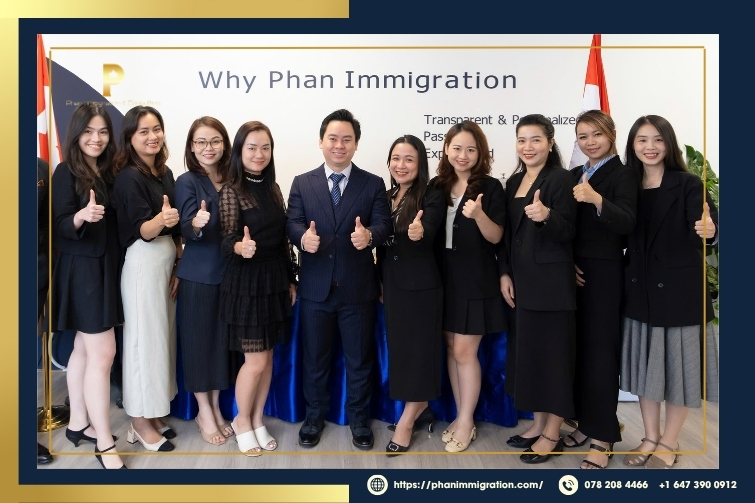
Canadian Immigration Experience: Frequently Asked Questions
Where should I start to avoid confusion when preparing my immigration documents?
Based on the experience of many who have gone through the process, it’s best to start by assessing your personal eligibility: age, education, occupation, language ability (English/French), and immigration goals. Next, choose the program that best fits your profile—for example: Express Entry, Provincial Nominee Program (PNP), Start-up Visa, or the study–work–PR pathway.
Should I prepare the documents myself or seek professional assistance?
If you have the time, strong English reading skills, and are comfortable with administrative procedures, you may choose to handle your application independently.
However, many people have found that working with a reliable immigration consultant saves time and helps avoid costly mistakes—especially for complex programs that involve financial proof, business investment, or sponsorship.
Can I move to another province if I don’t like where I’m living?
Yes. Once you become a permanent resident (PR), you have the freedom to live and move anywhere in Canada, unless you are under a PNP program that requires an initial stay commitment.
Even so, you should consider relocation costs, job opportunities, and whether the local community suits your needs.
Should I buy a house right after landing?
It’s generally not recommended to buy property immediately. Many newcomers suggest renting for at least 6–12 months to explore the area, stabilize your job, and understand the financial process, mortgage system, and property taxes, before making a long-term purchase.

The immigration tips and insights shared in this article are designed to give you a clear overview and help you better prepare for your new life in the land of the maple leaf. Don’t forget to seek support from experienced immigration professionals like Phan Immigration. We are here to accompany you every step of the way, helping you overcome challenges and achieve your dream of settling in Canada. Contact us today for personalized consultation and expert guidance.

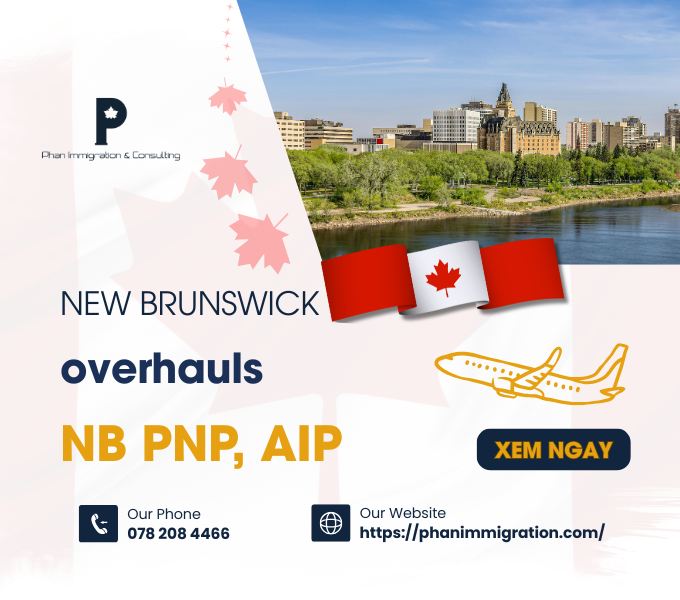
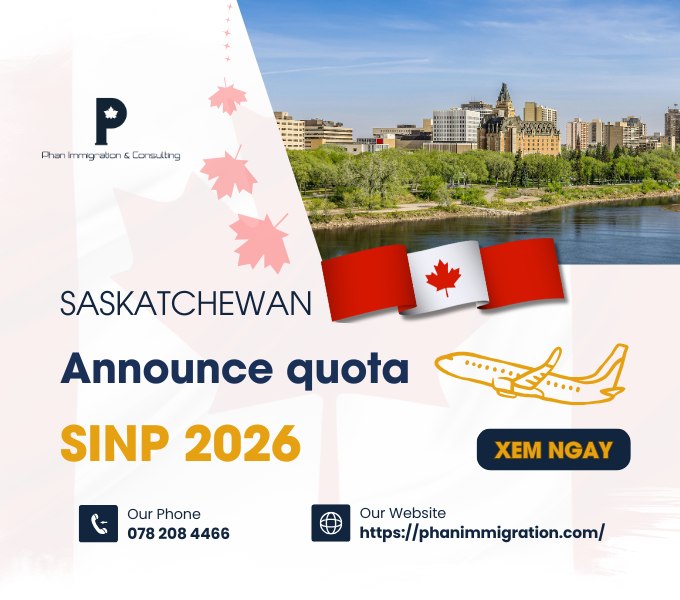
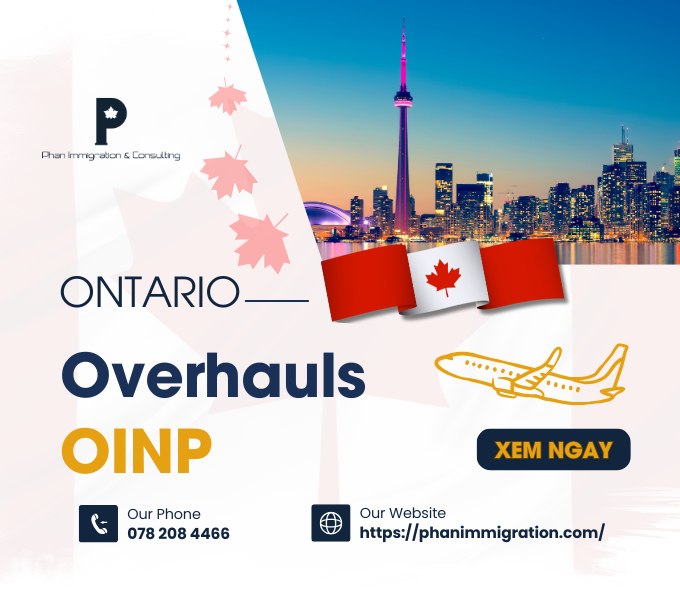
![[Phan Immigration Answers] How Much Money Can You Bring When Immigrating to Canada?](https://phanimmigration.com/wp-content/uploads/2025/06/how-much-money-can-you-bring-when-immigrating-to-canada-thumbnail.jpg)
